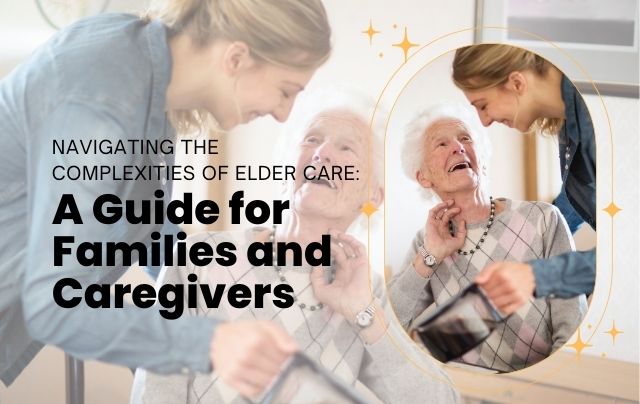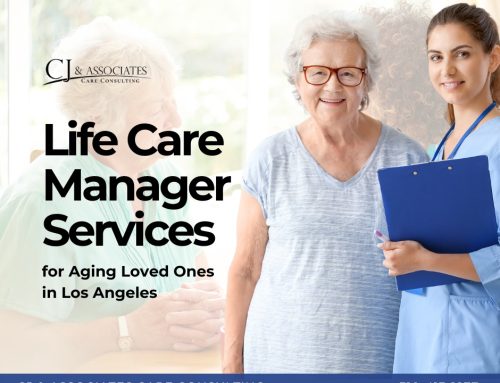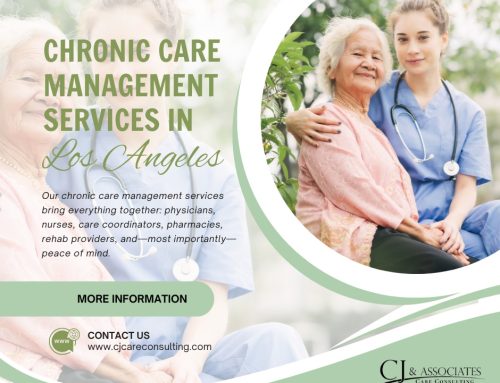As our loved ones age, it’s not uncommon for them to require additional support and care. For family members and caregivers, this can be a complex and challenging experience. Managing medications, navigating healthcare systems, and accessing support services can all feel overwhelming at times. However, with the right tools and resources, you can navigate the complexities of elder care and provide your loved one with the best possible care.
One of the most important things you can do as a caregiver is to stay organized. Keeping track of medications, appointments, and important documents can be a daunting task, but there are many tools and resources available to help. Consider using a medication management app or hiring a professional caregiver to help with daily tasks.
Navigating healthcare systems can also be a challenge, particularly if you’re unfamiliar with the process. Be sure to ask questions and advocate for your loved one’s needs. You may also want to consider hiring a patient advocate or working with a geriatric care manager to help navigate the system.
Accessing support services can be an essential part of caring for an aging loved one. There are many organizations and resources available, from local senior centers to national organizations like the Alzheimer’s Association. Take advantage of these resources to get the support you need and ensure your loved one receives the best possible care.
Ultimately, caring for an aging loved one can be a rewarding and meaningful experience. However, it’s essential to take care of yourself as well. Be sure to prioritize self-care, seek support when you need it, and don’t be afraid to ask for help. With the right tools and resources, you can navigate the complexities of elder care and provide your loved one with the care they need and deserve.






